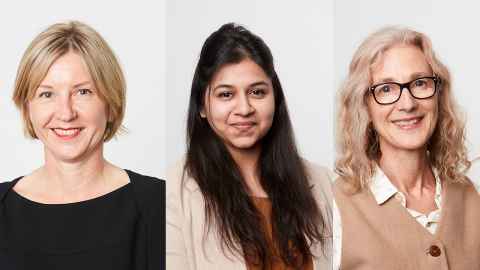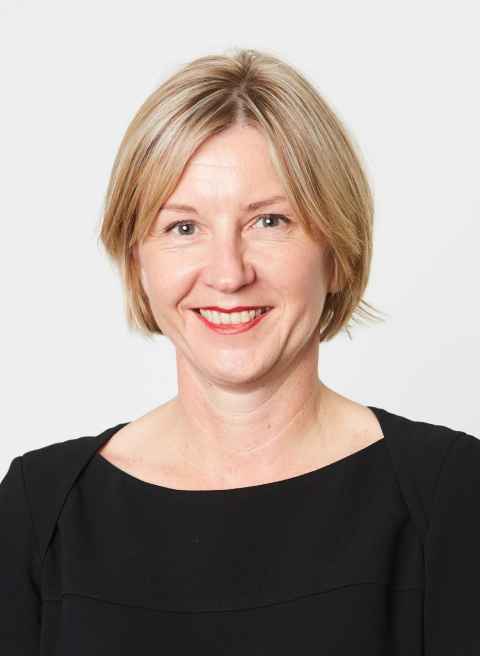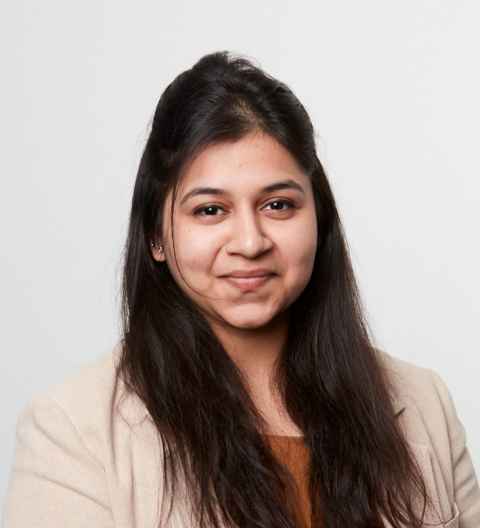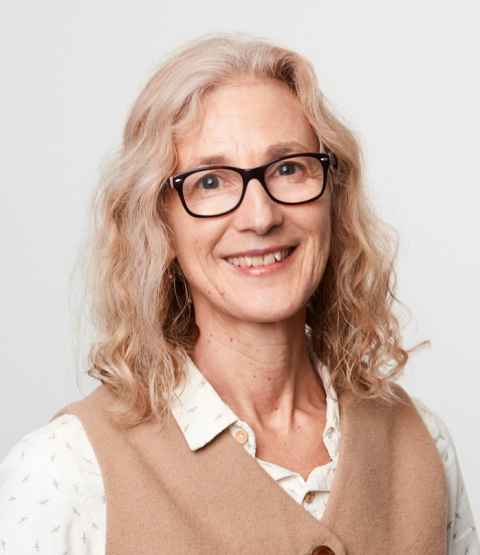What's it like to work in women's health? International Women's Day 2020
8 March 2020
Three women researchers explain more about their work, the challenges they face and their hopes for the future.

March 8 2020 is International Women’s Day - a day to celebrate the social, economic, cultural and political achievements of women. The Liggins Institute is full of exceptional women, whose research is making a difference to women’s health. Associate Professor Katie Groom and PhD candidates Vishakha Mahajan and Jennifer Barrowclough are working on a range of women's health issues including preterm birth, endometriosis and pregnancy complications.

Dr Katie Groom
Associate Professor of Maternal and Perinatal Health
Hugo Charitable Trust Research Fellow
My research covers several areas of mother and baby health but predominantly focuses on clinical trials of interventions to improve pregnancy outcomes. At the moment this includes fetal growth restriction, preterm birth and caesarean section.
Working as a health professional in obstetrics there are already a lot more women working in the area than in others areas of medicine and so some of the day-to-day challenges may be less. However, to be effective and successful the workload, time-commitment and passion needs to be high. Once you add in the juggle of family life, it’s a challenge to keep it all rolling and maintain balance in your life.
For our midwifery colleagues the challenges can be even bigger. The midwifery workforce is almost 100% female. Our lead maternity carer (LMC) model of pregnancy care providing continuity of care is fantastic for pregnant women but difficult as a sustainable career for women, particularly those with families. This is exacerbated by the huge shortage of midwives across the country and the high demand placed on each of them.
Consideration of more flexible working patterns and resource to support and encourage parental leave will help young female doctors to consider a career in obstetrics and be able to maintain that career with a family. Investment and support of our midwifery workforce is essential. Providing safe and supported continuity of care through pregnancy is a hugely valuable thing for women and their whānau but our current system feels unsustainable.

Vishakha Mahajan
PhD candidate at the Liggins Institute
My area of research is menstrual health and women’s reproductive biology. I am trying to understand the epigenetic mechanisms that might be involved in causing the hormonal imbalance seen in endometriosis.
Endometriosis affects every 1 in 10 women of reproductive age and often involves severe symptoms, but little is known about the disease. One of the most common misconceptions is that it’s just ‘heavy, painful period’. In fact, endometriosis is a progressive disorder that increases in severity if not clinically managed.
However it can take up to 7 – 11 years for an accurate diagnosis. Women may dismiss their symptoms as normal, the symptoms can be mistaken for other conditions, and the only way to definitively diagnose endometriosis is through laparoscopic surgery which is an invasive procedure.
Researchers like me are trying to explore and understand the novel pathways that might be involved in favouring the occurrence of endometriosis. Considering 25-50% women with infertility problems get diagnosed with underlying endometriosis, we need to develop techniques that might help in early screening and diagnosis of this debilitating disorder.
One of the biggest challenges we face is the lack of awareness and stigma associated with women’s health. Making women aware of the symptoms is extremely important, as is normalising the conversation around women’s health and periods.
In my opinion, it is imperative that researchers, clinicians as well as patients work together forming a network of information that could be valuable in our quest to understanding endometriosis better.

Jennifer Barrowclough
Midwife and PhD candidate at the Liggins Institute
I am investigating the feasibility of a randomised controlled trial of maternal posture for fetal malposition in labour to improve labour and birth outcomes for mothers and their babies.
Fetal malposition is when the baby’s head is not in the ideal position in the mother’s pelvis. It presents lots of risks for pregnant women and babies, including a 70% risk of operative birth (for example by caesarean section), perineal trauma, increased need for neonatal intensive care, and longer hospital stays.
The problem is heightened by the fact that currently there are no best practice guidelines for the management of fetal malposition in labour, because there is no evidence as to what is a safe and effective way to manage this condition. With approximately 25% of women experiencing fetal malposition in labour, this represents a significant risk of physical and emotional trauma for women and their infants.
My research will investigate the effectiveness of maternal posture in correcting fetal malposition in labour; the incidences and outcomes of fetal malposition at Auckland District Health Board; and pregnant women’s and midwives’ views on a future trial of maternal posture for fetal malposition in labour. This will help determine whether a further randomised controlled trial is needed, and if an effective posture is found, it could lead to a change in best practice guidelines to benefit pregnant women and babies.